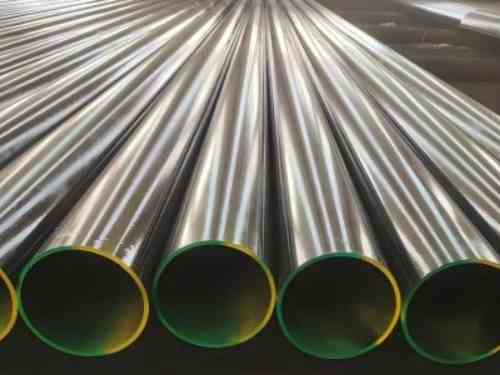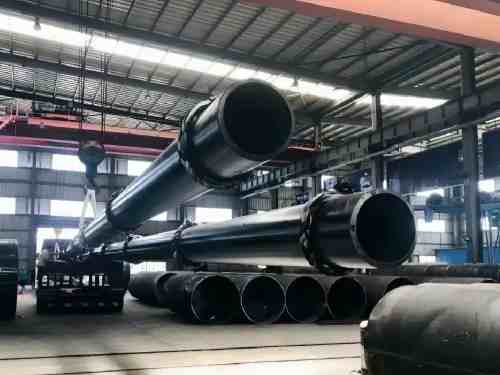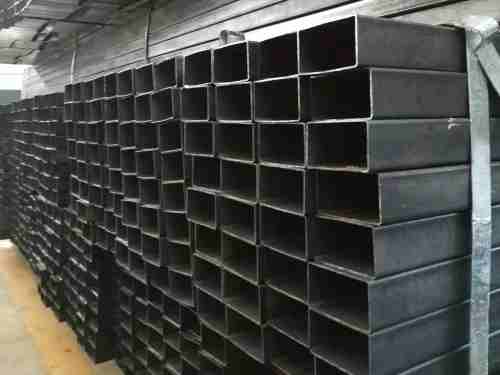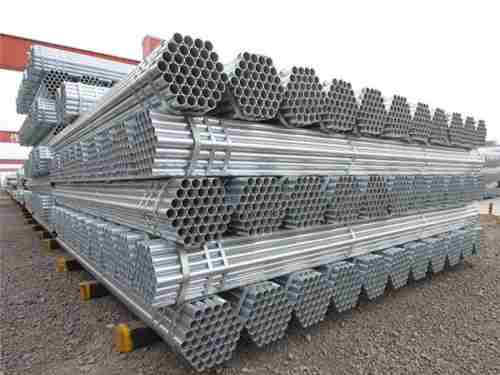AR500 steel plate is a high-strength, wear-resistant steel designed for applications that demand durability against abrasion, such as mining machinery and concrete processing. Its widespread use across various industries is a testament to its superior performance.
AR450 and AR400 are comparable materials, yet AR500 stands out for its exceptional wear resistance. Characterized by a surface hardness of 477-534BHN, this high-carbon steel alloy is particularly adept at withstanding impacts and sliding wear. However, this enhanced strength and resistance come at the cost of reduced ductility.
Characteristics of AR500 Steel Plate:
Utilized in high-wear environments like mining and concrete handling.
Surface hardness varies from 470-540 BHN.
Offers excellent protection against sliding, frictional, and heavy wear.
Capable of enduring significant impact forces, even at very low temperatures.
Varies in composition and hardening processes across different manufacturers, with a factory test report provided for each purchase.
The Origin of the Name "AR500":
AR500 is not a brand but a grade of steel, produced by numerous manufacturers. The "AR" signifies abrasion resistance, while "500" refers to the steel's hardness level, although it actually measures between 477-555 BHN.
Rust Resistance of AR500 Steel:
Yes, AR500 steel is susceptible to rust. It is crafted from high-strength, low-alloy steel, hardened through quenching and tempering to boost its wear and impact strength. However, it lacks the inherent corrosion resistance of stainless steels or specialized alloys.
Preventing Rust on AR500 Steel Plate:
Isolate Oxygen: By applying cladding or coatings, the steel is shielded from air, minimizing oxygen contact and slowing oxidation.
Isolate Moisture: Sealing or enclosing the steel plate reduces its exposure to humidity, curtailing moisture-induced corrosion.
Add a Protective Layer: Coatings like paint, hot-dip galvanizing, or electroplating create a barrier against external corrosion.
Add Rust Inhibitors: Incorporating rust and corrosion inhibitors during production forms a protective film on the steel surface, reducing environmental contact and preventing rust.
Rolling AR500 Steel:
AR500 steel can be rolled, often requiring specialized expertise. The process typically involves:
Cold Rolling: Steel is passed through rollers at ambient temperatures.
Annealing: The steel is heated and cooled to reduce stress and increase ductility.
Tempering: A subsequent heating and cooling cycle to finalize the steel's properties.
Given its hardness, rolling AR500 in a heat-treated state is challenging. It's more pliable in an annealed state, but may need reheat-treating post-rolling to regain its original hardness and wear resistance. Rolling is facilitated by stress relief from annealing, which lowers hardness. Tempering then restores the steel's hardness and wear resistance.
It's crucial to use specialized equipment and techniques for rolling AR500 steel due to its hardness, with temperature control being key to maintaining the final product's performance. Improper handling can damage the material or reduce its effectiveness.
Cutting AR500 Steel:
Various cutting methods are available, including laser, plasma, water jet, magnetic drilling, cold saw, and manual cutting with abrasive wheels.

 English
English Español
Español











